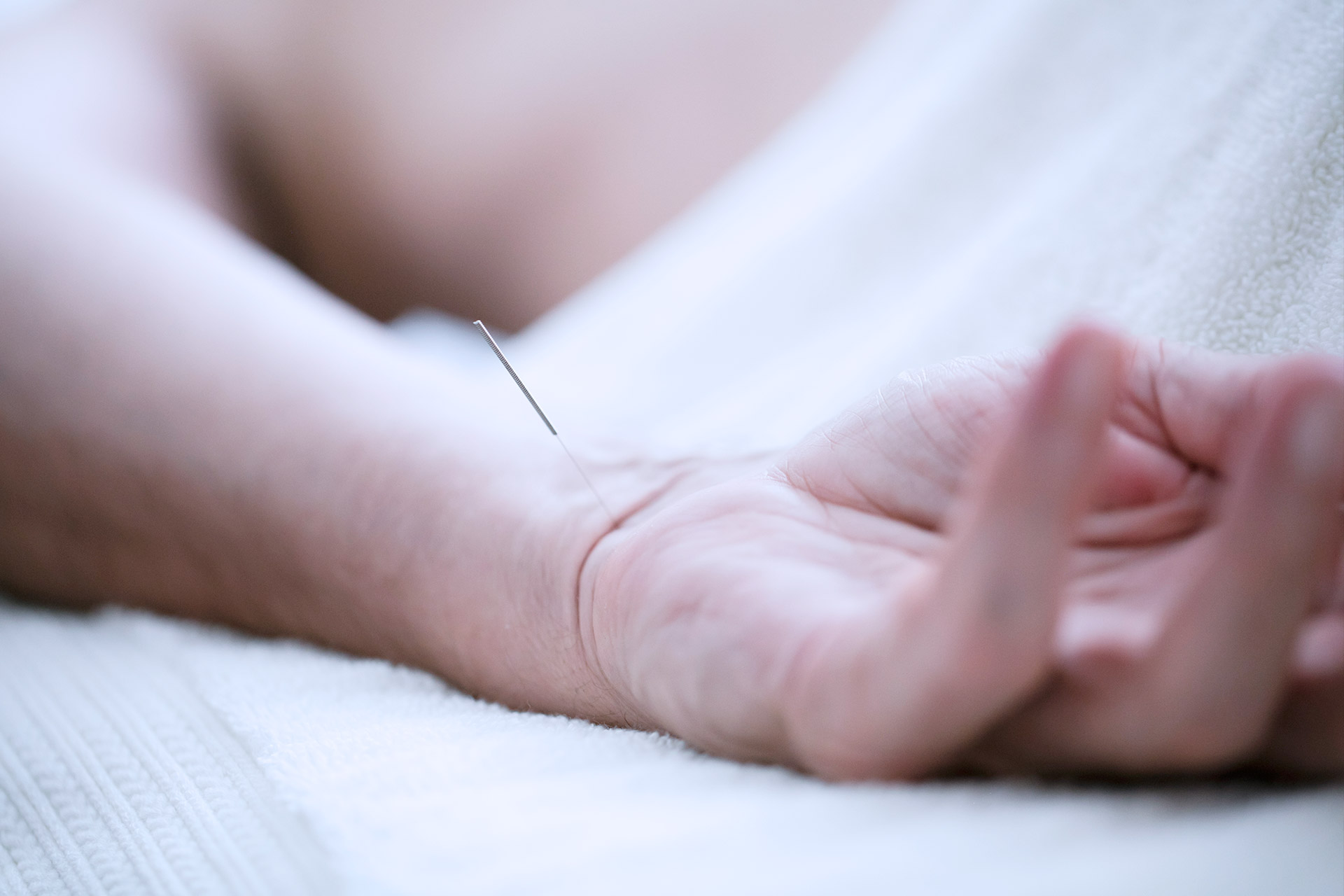
Acupuncture Treatment for Immunity & Inter-Personal Quality of Life
Our state of health involves the entirety of our being. Health is not just a physical body that works well. It also consists of a mind that is sharp, calm and positive; a spirit that is light, bright and far reaching, able to manifest our dreams into reality.
A healthy immune system protects us from environmental pathogens such as virus and bacteria. It also protects us from other forms of negativity around us: malevolent people and their harmful, critical thoughts. Optimal Immunity also protects us from ourselves: it creates the wish and the will to behave in ways that promote our best health. It protects us from our own self-criticism. Our ability to make good choices, in line with our most positive potential is also an aspect of proper immune function.
As an acupuncturist, promoting strong healthy immunity is one of the main goals when working with my patients. Within Chinese Medicine, the root of the immune system is classified as part of the body system governed by the Kidneys. To the ancient Chinese, the internal organs were seen as far more complex in their function than we believe today in Western medicine. In addition to their physical functions, each organ also has an effect on the mind and spirit: each of which plays an important role in healthy physiological function of the body.
The Kidney for example is talked about in the ancient Chinese medical classics as being the root of a person’s strength, will and vitality. It provides the power needed to do something, as well as the focus to be able to commit to the task and carry it out. The energy of the Kidney is like a constantly vigilant governor, providing the necessary resources but also the power and energy for all of the body systems to work at their optimal state.
Philosophically, the Kidney holds onto the “Jing”: the original code of the body, how it is supposed to run. The Jing also holds the blueprint for how a person’s life is meant to unfold. According to ancient Chinese Taoist and Confucian philosophy, the will is also contained within the Kidney system, implying that in health our will is connected to our destiny: there is no conflict. In health, what we want to do is what we are meant to do.
Also contained within our kidney is the will to live and the fortitude to face the challenges of life. Connected to this is our commitment to protect ourselves, stay focused on our own individual Destiny and to respect ourselves. As we all know, many of us struggle with self-respect, with making choices that support our health, and with the ability to know what is right for us in life.
Many people come to me for acupuncture treatment to work on issues that are non-physical. Acupuncture can be just as effective to help change aspects of a person’s mental or spiritual life as it can for physical ailments like pain. What I mean by “spiritual life” is all the mysterious aspects of our life that make us feel happy and fulfilled: our desires, our sense of belonging, feeling safe and secure, fulfilled and connected. According to the ancient Chinese system of medicine, we can work with all these aspects of our lives through working on the functionality of the internal organs. We can treat our mental and spiritual selves through acupuncture just as effectively as we can treat backpain.
Often times physical ailments have relationship with other areas of our lives that we are struggling with, and they must be treated together for full resolution of symptoms.
Chinese medicine sees the body as a collection of energies. They are classified as three different types: the first type of energy is called “Wei,” translated as “heavenly,” “defensive” or “environmental” energy. It manifests on the skin and muscles, as well in the sense organs. It is the energy that protects us from the environment. It also manages the cyclical rhythms of our body, such as sleep schedules, eating patterns, bowel and urinary function and our moods. Wei energy is also related to how we adjust to the outer world, including other people. It is the way we are able to coexist with the world, staying safe, but also harmonious. Wei energy is chiefly governed by the Lungs and Liver.
The second type of energy in the body is called “Ying,” translated as “nourishing,” “interpersonal,” “mental-emotional,” and “nutritive” energy. This type of energy is closely related to blood and fluids, nourishing and feeding all of the tissues of the body. It is thought that the blood contains “consciousness” and feeling. It allows us to have sensation on both a physical as well as mental-emotional capacity. Ying energy relates to our desires, our memories and our feelings. It is governed by the Stomach, Pancreas and Heart.
The third type of energy in the body is called “Yuan,” translated as “constitutional,” “genetic,” “essence,” and “primal” energy. It is the level of the DNA, the stem cells. It is the area where our destiny is held. It also holds onto congenital aspects of ourselves that we have inherited from our parents. Yuan energy is governed by the Kidneys.
When a person comes to me for acupuncture treatment, we explore all aspects of their lives. Maybe they tend to get frequent colds and flues: their immunity seems to be weak. Or they have chronic muscle or skin issues, or problems with their vision or hearing. Maybe they feel especially vulnerable in the world, always feeling attacked. Maybe they tend to attract a lot of conflict in their lives. In these cases, we’d look at the function of their “Wei” environmental energy, as well as how it is being governed by the Lungs and Liver. There could be stagnation of Wei energy in the systems of the Lung and Liver, or maybe the energy is weak in the body and needs to be fortified.
Perhaps there are digestive problems, depression, anxiety, or the inability to create or maintain good relationships. These symptoms suggest a problem with the body’s “Ying” nutritive energy, as governed by the Heart and digestive organs. Relationship problems or mental-emotional issues such as depression and anxiety can actually be rooted in the digestive system and the quality of the Ying qi that it controls. By strengthening cardiovascular and digestive function, this can affect the way a person relates with the social world and clarify “matters of the heart” such as relationships.
Personality disorders, or problems people have with “themselves” such as low self-esteem, post-traumatic stress from trauma, auto-immune conditions like multiple sclerosis, lupus, diabetes, immune deficiency states or physical degeneration are all issues that potentially have their root in dysfunction of “Yuan” constitutional energy and the Kidney system.
Acupuncture is most popular in our culture for the treatment of pain conditions. However, in my acupuncture practice, I’ve seen many of my patients literally change their lives. I’ve seen the people I’ve treated begin making different choices, with a new state of consciousness and sense of personal power that has brought to them their desires and allowed them to let go of negativities that have been polluting their minds and lives. They do this at the same time that they strengthen the physical function of their bodies. Altogether, acupuncture is a full body self-empowerment therapy. The goal is to build a strong, vital mind and body so the spirit is free to create a fulfilling, joyful life.




No Comments